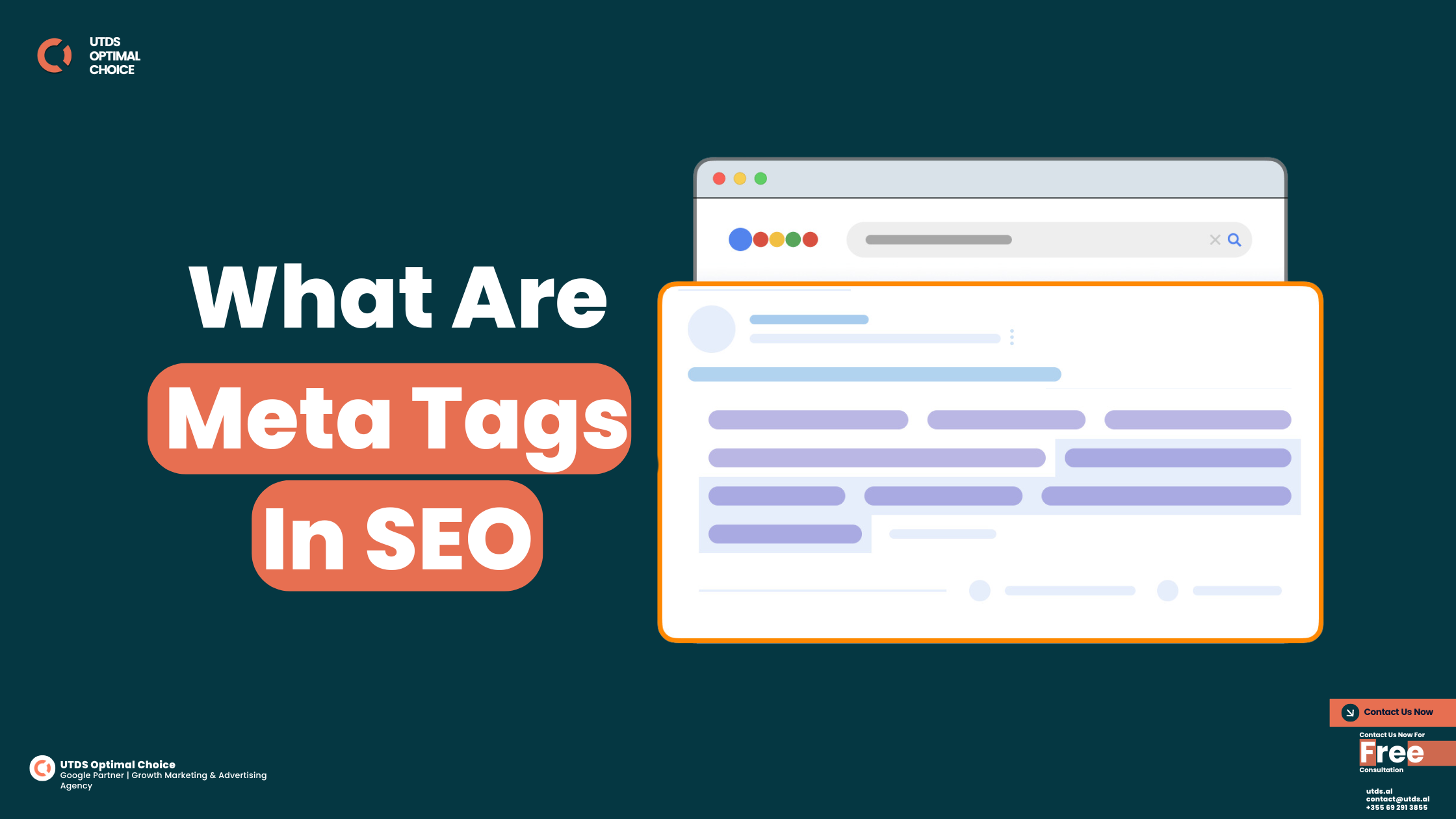Choosing the right keywords for SEO is essential for improving your website’s visibility and driving organic traffic. More importantly, understanding how Google and other search engines use keywords to rank content is key. In this guide, we will have a look into the types of keywords you need to use in your SEO strategy, explain how Google’s algorithms work to rank your content, and discuss the role of social media in boosting SEO when used with the right keywords.
We’ll also include real-world data, actionable steps, and an enhanced FAQ section to help you stay ahead of the competition.
Ready to improve your SEO strategy and rank higher on Google? Contact us today for a free consultation and let our experts guide you in choosing the right keywords to drive more traffic and conversions.
What Are SEO Keywords?
SEO keywords are terms and phrases that users type into search engines when looking for information. These keywords help search engines like Google and Bing understand the content of your page and determine how relevant it is to the users intent. By strategically integrating keywords into your content, you increase the likelihood of your website ranking higher on search engine result pages (SERPs).
For example, if you want to rank for “SEO Keywords Example” or “Local SEO keyword,” you need to ensure these keywords are woven naturally into your text.
How To Choose Keywords For SEO
Why Choosing the Right Keywords is Important for Traffic Growth
The keywords you select influence your site’s rankings, traffic, and ultimately your conversions. Google’s algorithms like RankBrain and Hummingbird now prioritise context and user intent, meaning they go beyond simple keyword matching to understand the relevance and meaning behind your content.
For UK audiences, it’s vital to use local, long-tail, and semantic keywords to capture more specific searches. For instance, targeting “Local SEO keyword for hairdressers in London” will have a higher chance of ranking than broader terms like “SEO services.”
Pro Tip: Google’s search algorithms now focus heavily on EEAT (Expertise, Authoritativeness, Trustworthiness), so adding credible sources and data-backed insights to your content can enhance your rankings.
Types Of SEO Keywords You Should Use
To rank effectively on Google, use a mix of the following keyword types:
1. Primary Keywords
Primary keywords are the main focus of your content. For example, if you are writing about SEO strategies, your primary keyword might be “SEO Keywords Example” or “SEO Ranking Keywords.” These are the most searched terms and should be used naturally throughout your content, especially in important areas like titles, headings, and meta descriptions.
Google uses these to quickly identify the core topic of your page, helping it match user queries with your content.
2. Secondary Keywords
Secondary keywords support the primary keywords by providing additional context. These could be terms like “Meta Keywords SEO” or “Semantic SEO Keywords.” They are still important but used less frequently compared to primary keywords. Secondary keywords help broaden the scope of your content and capture long-tail searches, increasing your ranking opportunities.
3. Semantic SEO and NLP Keywords
Google’s algorithms, like Hummingbird and RankBrain, use Natural Language Processing (NLP) to understand the relationships between words, not just their direct meanings. Using Semantic SEO Keywords helps search engines better comprehend the context of your content, improving its relevance for different queries.
For example, if your primary keyword is “SEO Keywords Example,” adding semantic keywords like “how to choose keywords for SEO” or “what is keyword in SEO” can signal to Google that your content provides depth, increasing its chances of ranking in featured snippets and voice search.
4. Local SEO Keywords
Local SEO is essential for businesses targeting specific geographic locations. Using Local SEO Keywords helps your content rank for queries that have a local intent, like “Local SEO keyword for plumbers in Manchester.” Incorporating location-specific keywords can significantly boost your local traffic and help you rank in Google’s local pack.
Data Insight: According to Backlinko, 46% of all searches have local intent, and businesses that optimise for local keywords often see a significant traffic increase.
5. Keyword Variations
Keyword variations allow you to capture more related searches and long-tail queries. Using variations like “SEO Keywords List” or “SEO tools for small businesses” helps Google better understand the range of your content, making it more likely to rank for multiple related queries.
How Google Uses Keywords To Rank Content
Google uses a variety of factors to determine how keywords affect your ranking:
- Keyword Relevance: Google assesses how well your keywords align with the content and the users intent. It looks at keyword placement in titles, headers, and meta descriptions. Using primary keywords in your title and semantic SEO keywords throughout the content helps Google rank your page higher.
- Keyword Density: While keyword density is important, over-optimising or keyword stuffing can lead to penalties. Keep keyword density between 1-2% of the content’s total word count, ensuring the keywords feel natural within the text.
- Contextual Signals: With NLP and machine learning, Google examines the context of your keywords. For example, a search for “Local SEO keyword strategy” prompts Google to understand both the SEO intent and the location-specific nature of the query.
Data Backed Insight: How Keywords Drive Traffic
A recent study by Backlinko found that pages optimised with high-ranking keywords receive 66.3% of all clicks on the first page of Google. This means if your content ranks well, it’s likely to drive significant traffic. However, ranking requires a balance between targeting high-traffic, competitive keywords and long-tail keywords with lower competition but higher conversion rates.
How Social Media Boosts SEO With Keywords
Social media plays an important role in SEO when used effectively with the right keywords:
- Increased Visibility: Sharing your content on social platforms like Twitter, LinkedIn, and Facebook boosts its visibility. Using SEO Keywords in your social media posts increases the chances of attracting traffic that will engage with your content, signalling to Google that your page is valuable.
- Backlinks and Shares: Social media can generate backlinks, which are a key ranking factor. When reputable sources share your content, it creates inbound links, improving your site’s SEO performance.
- Engagement Metrics: Google uses user engagement from social platforms to gauge the quality of your content. More likes, shares, and comments signal relevance, boosting your rankings.
Actionable Step: Create a social media post strategy that includes your primary keywords and keyword variations to help amplify your content across platforms and increase organic traffic.
Start Optimising for SEO Today
The right keywords can make all the difference in boosting your website’s traffic. By using a combination of primary, secondary, semantic SEO keywords, and local SEO keywords, you can ensure your content ranks well in Googles search results.
At UTDS Optimal Choice, we are proud to be one of the best PPC and SEO agencies, serving clients across the UK, Spain, and Albania. If you’re ready to see real results, Contact us today for a free SEO consultation and discover how our expert keyword strategies can help you drive more traffic and conversions, optimising your website for maximum visibility and performance.
FAQs: Answering Common Questions About SEO Keywords
Q: What is an SEO Keyword?
A: An SEO keyword is a term or phrase that users enter into search engines. Choosing the right keywords helps your content rank for relevant queries and drive targeted traffic to your site.
Q: How does Google rank content with keywords?
A: Google uses algorithms like RankBrain and Hummingbird to analyse the relevance of keywords, keyword density, and the overall quality of your content to determine its rank in search results.
Q: How do I choose the best SEO keywords?
A: Use tools like Semrush or Ahrefs to find keywords with high search volume and low competition. Include both primary and secondary keywords, as well as long-tail variations for maximum coverage.










